- by Niyi Busari ,
- Nov 27, 2022
NSC DG Under Fire Over Media Blame Comments
-
- by Niyi Busari,
- Aug 30, 2025
- in Nigeria
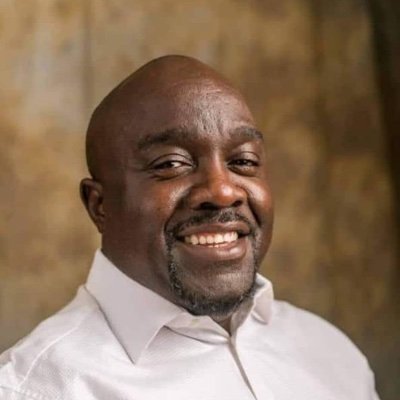
null
NSC DG Under Fire Over Media Blame Comments
By Niyi Busari
A section of the media in Nigeria has raised eyebrows on the comments of the Director General of the National Sports Commission, Bukola Olopade 'blame game' aimed at silencing the media when carrying out their statutory duties, BSNSports.com.ng reports.
During a recent interaction with journalists and the leadership of the Sports Writers Association of Nigeria (SWAN) at the National Youth Games in Asaba, Olopade denounced what he described as “false reportage” relating to the internal workings of the NSC and its relationship with the Nigeria Football Federation (NFF).
“We have reported officially under Section 19 of the Cybercrime Act to the DSS. Shehu Dikko and I have never, ever quarreled or fought over any position. How can a journalist just wake up and write such ‘stupid’ news?” Olopade said, referring to reports by BSN Sports news on internal power struggles within the commission.
"And also, there has never been a time we requested for Five Billion naira for the Super Eagles world cup Qualifiers. How can a journalist write that we requested such huge amounts?
He continued, “There are no issues between the NSC and the NFF. We are a family and are working together for the best outcomes. "The media especially needs to stay focused. We have World Cup qualifiers against Rwanda and South Africa ahead of us, and national unity is paramount.”
Backlash from the Media
Olopade’s comments were met with immediate criticism from several journalists and media professionals, who accused the DG of attempting to deflect attention from governance issues within the Commission by targeting the press.
David Oku, a multimedia journalist, took exception to the DG's remarks, stating: “Is it the media that will enter the field and play football? In Nigeria, administrators are always quick to blame the media for their own failures.”
Oku added that public officials, funded by taxpayer resources, often scapegoat the press, even when issues originate from within the system. “Players also sometimes blame journalists for poor performances, ignoring off-field distractions and mismanagement that contribute to those failures.”
Calls for Accountability
Sports analyst Evan Edu also weighed in, urging the NSC to address internal challenges instead of shifting blame. “Yes, media pressure exists. But professional athletes, especially those playing abroad, face far worse scrutiny. It’s baffling that in Nigeria, we often major in the minor,” he said.
A veteran Lagos-based journalist, speaking anonymously, revealed that many editors were aware of the internal friction between the DG and the NSC Chairman but chose not to report on it. “There’s a culture of silence to protect patronage. It’s unfortunate,” the journalist said.
Public Reaction
Public sentiment mirrored the media’s frustration. On Facebook, a user named Michael described Olopade’s language as inappropriate for a public servant.
“As a Director General of a government parastatal, he should know how to choose his words. It’s appalling that he would insult the media, which helped build his reputation,” he wrote.
Another user, Adenekan, pointed to the ongoing power struggle within the NSC. “Every journalist in Nigerian sports circles knows about the DG-Chairman rift. Denying it publicly only raises more questions,” he said.
The DG denied the Five billion intervention funds from the Federal government without stating how much they requested for. They should know that they're collecting tax payers monies from the government and as such Nigerians deseved to know how much was collected and it was spent. He added.
Conclusion
The controversy underscores the fragile relationship between Nigerian sports authorities and the press, particularly in the run-up to key international fixtures. Many in the media are now calling for increased transparency, mutual respect, and professional accountability from sports administrators.
As Nigeria eyes qualification for the 2026 FIFA World Cup, stakeholders agree that national focus is vital—but not at the expense of journalistic integrity.



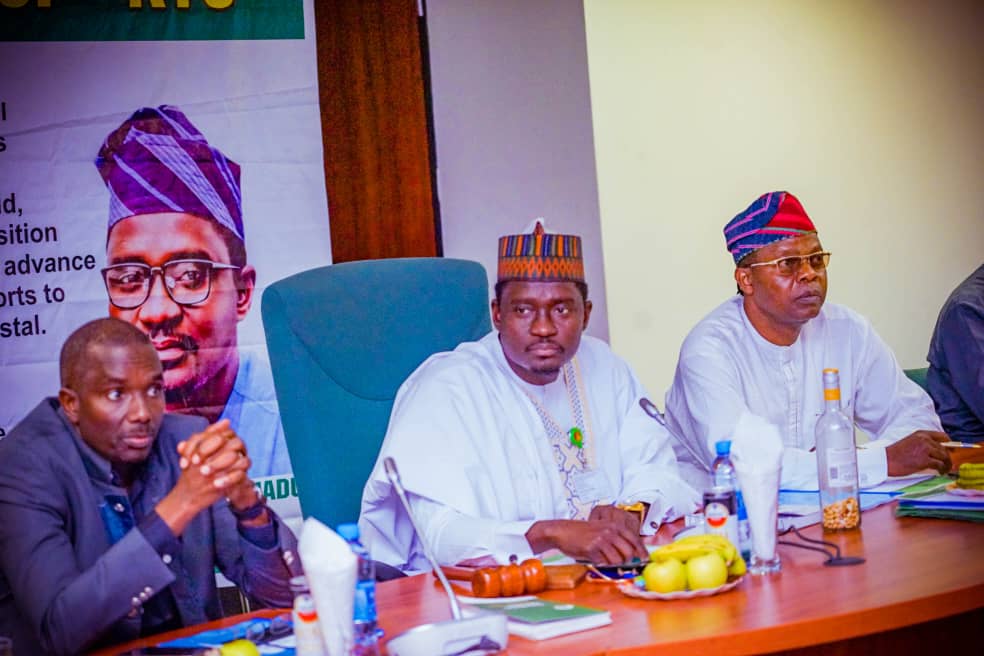

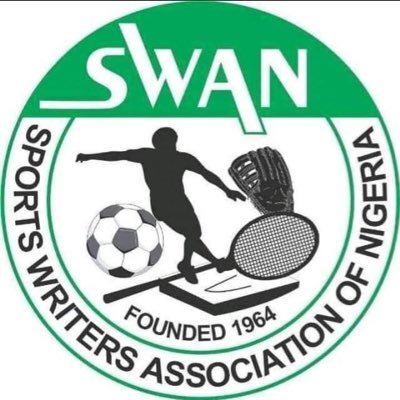
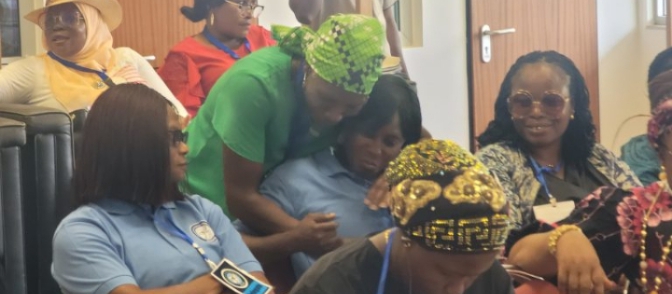
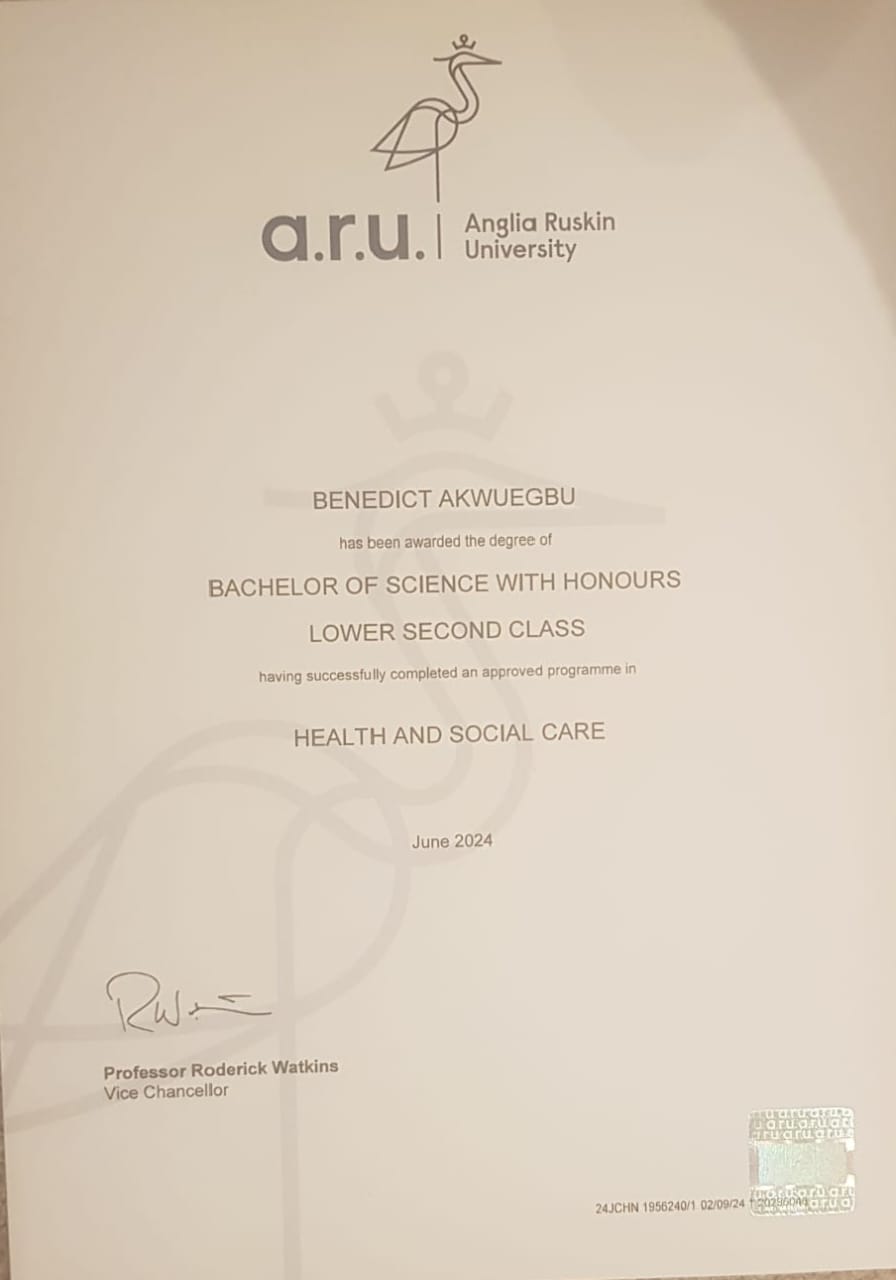
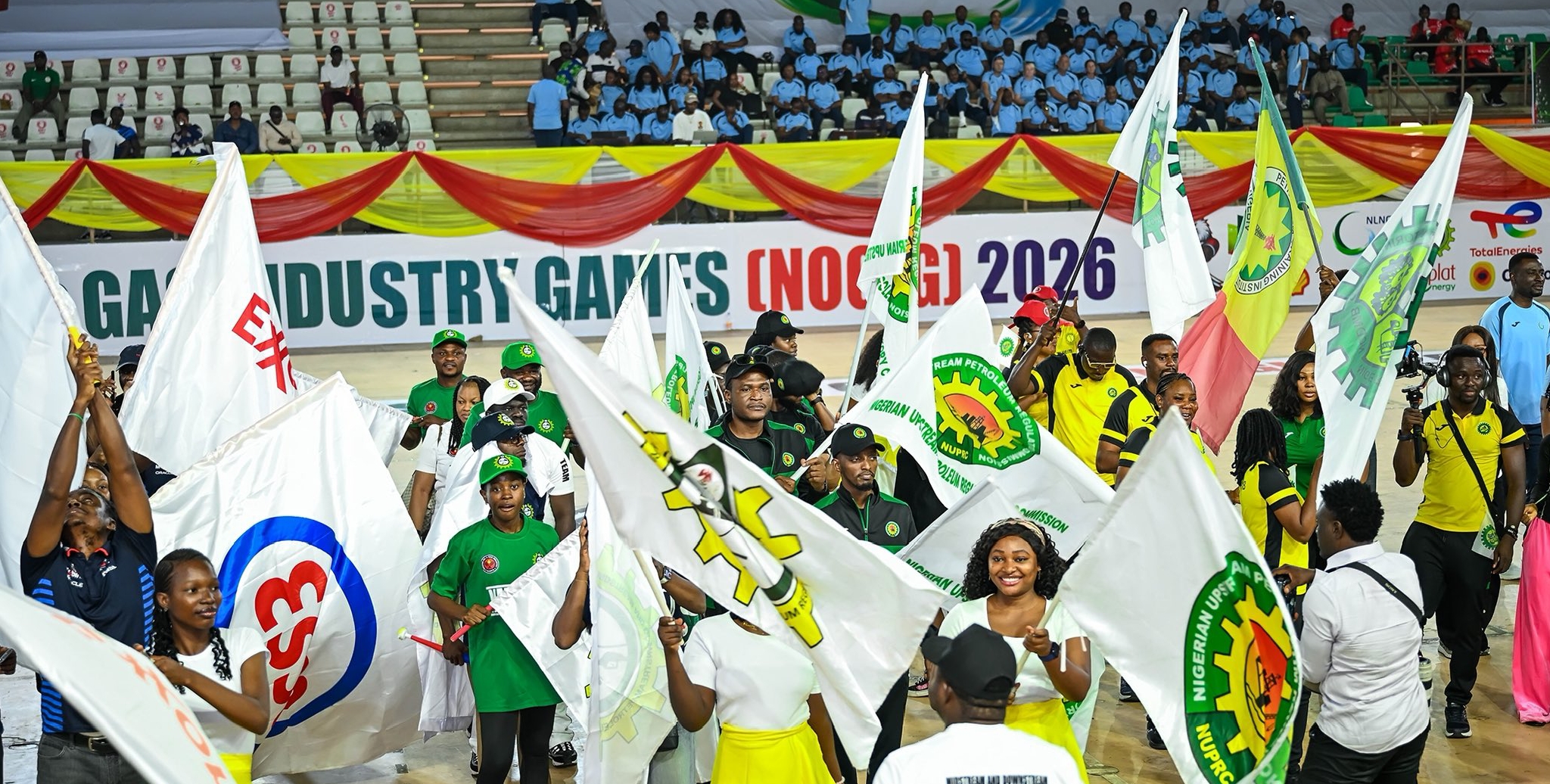
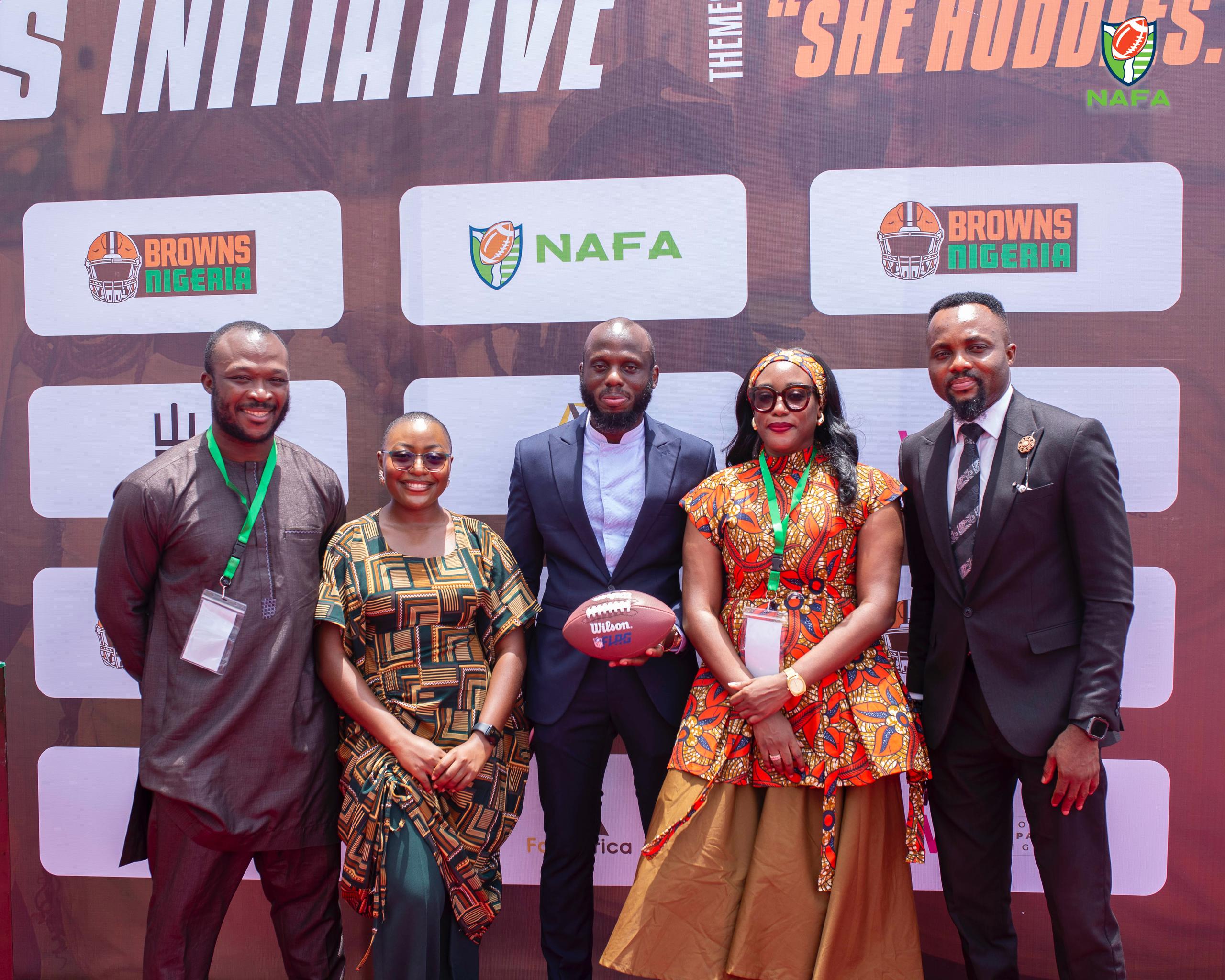

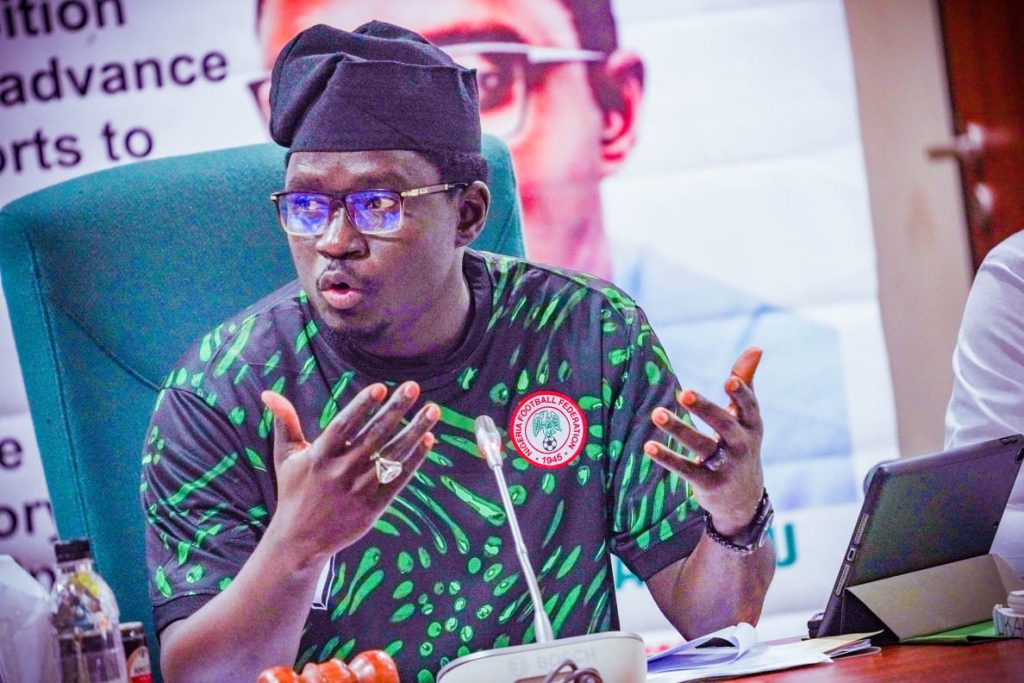

0 Comments:
Leave a Reply